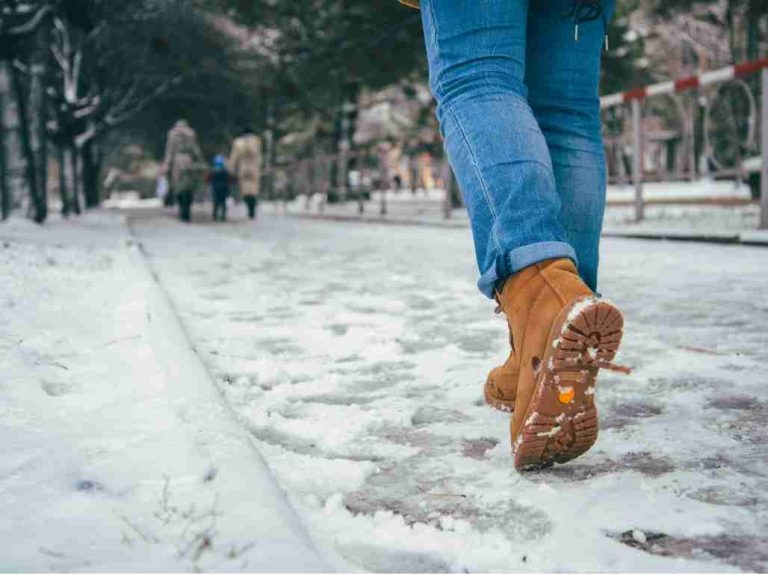Healing from codependency offers a brand new opportunity even after the worst of Covid 19 is past. All the issues with new flus and traveling and over helping others are still with us. But just because the major danger is over, we can still use our tools to make a change in our codependent relationships. What do we mean?
Codependency is all about doing for others what they can do for themselves. Or doing things for others so they won’t be mad at you and punish you. Codependency is an unhealthy relationship in which one person is tied to others and can’t escape their demands. Do you feel obligated to fulfill every need of someone you love? You’re not alone, but now’s a good time to begin breaking free. You can do it now that lockdown is in force again. Just don’t feel guilty about it.
The Pandemic Did Change Everything
Being separated from loved ones was a good opportunity to examine your potential for codependency healing like never before. If you’re a fixer, this may have been the first time ever that you couldn’t do it. You can’t fix the problems, and for maybe the very first time you couldn’t even try. This distance gave you the chance to create some space with your codependents who aren’t living with you. But you still can take opportunity to keep up your boundaries. The world has opened up again, but you don’t have to go back to old patterns.
Healing From Codependency Can’t Happen Without Change
The pandemic offered the possibility of change with no consequences. It was a get out of jail free card for fixers who can’t help trying to control the outcomes of their loved one’s lives. With the virus keeping you apart, you didn’t have to set boundaries about what you will or won’t do. Your codependent couldn’t hate or abuse you for not running errands, not lending money, not walking the dogs or babysitting the grandchildren. Imagine, there are no legal issues to deal with, either. Now can you keep your boundaries in place for a more serene life?
If you are coping with a loved one with a mental illness, by all means stay in touch. Stay connected with loved ones at risk, and be sure to tell your family members or trusted friends if you are at risk in an abusive relationship. But the care-taking doesn’t have to be obsessive, and you don’t have to put yourself at risk.
Healing From Codependency Hurts At First But Take The Challenge
Now that you don’t have the same excuse of lockdown, it may cause you some anxiety not to help someone move or supply supplies or fix problems. But you may also feel some relief to take care of yourself first. This is your time. It’s also a very good time to learn what it means to let go of feeling responsible.
You’re not responsible for a natural disaster, and now you can worry about yourself for a change. What do you want to do today? You get to decide. Maybe you want to cook food others don’t like as much as you do. If no one is bugging you to run errands, you can watch TV or animal videos. You can take a nap or do work. How about taking up an old hobby? Coloring is a good one. You have the time. Just don’t obsess about what your loved one is doing or if he/she/they need your help.
If you’re stuck at home with your codependent, however, you’re going to have some extra challenges because expectations for you to be perfect are going to escalate. Here, you will have to learn boundary setting.
Focus On Yourself
It’s an amazing concept for people whose codependency has been a way of life. You’ve been focused on other people’s needs for a reason. Your person or persons are mean to you when you don’t perform as they want you to, and you want to keep them happy. You learn not to think about what you want because you won’t get it. If you have a codependency problem, you either buckle under to the dominant, sulking person in you life, or you eventually rediscover yourself and escape. I escaped from one codependent and was released from the others. When your children grow up and don’t want your control, your perpetual life-saving, your hurt, resentment, and obsessive caring, you can let go and grow up, too. It isn’t easy, and I didn’t want to do it. But now my relationships with loved ones are much better, and we’re all healthier.
Letting Go Of codependency and enabling
When you’re codependent you’re worrying about the other person all the time. What you need to do is start thinking about what you want. You don’t have to do whatever your person wants. In fact, I learned about letting go when I stopped doing everything for others. When I changed my behavior, I quickly realized that my giving was the only thing that kept some relationships together. When I stopped being ever so helpful, nothing was there for me. I wasn’t loved or cared for. I had to start taking care of myself. Try saying ‘no,’ and see what saying standing up for yourself does to your relationship. If the other person adjusts, great, you’ve set a boundary. If the other person pushes back and become abusive, you know it’s on you to change.
Check out Codependents Anonymous and al-anon. You’re not alone.
More Articles To Read
3 Tips To Calm Mom’s Codependent Relationship Woes





















